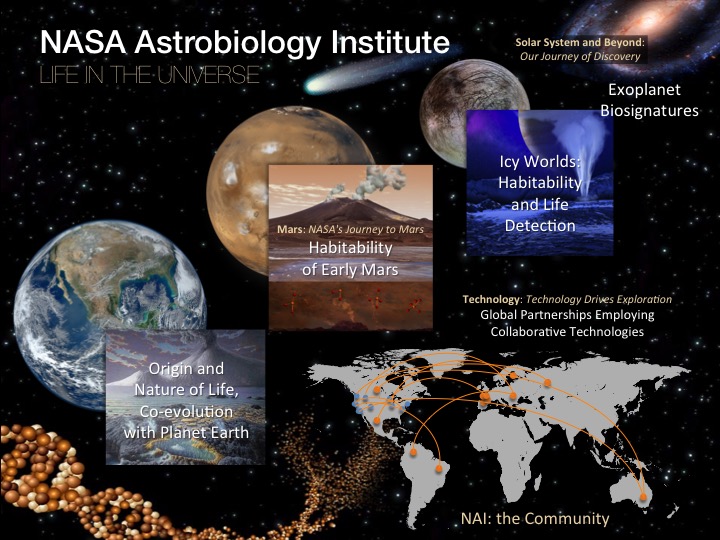Astrobiology is a multidisciplinary field that combines various branches of science to study the origins, evolution, distribution, and future of life in the universe. Its primary goal is to identify the conditions required for life to exist and to search for evidence of extraterrestrial life.
Astrobiologists study the potential habitable environments in our own solar system and beyond, including planets, moons, asteroids, and comets. They look for the presence of water, organic molecules, and other essential chemical compounds that are necessary for life as we know it. They also investigate the effects of environmental factors such as temperature, pressure, radiation, and atmospheric composition on the ability of organisms to survive and thrive.
One of the key approaches of astrobiology is to search for biosignatures, which are chemical or physical signatures of life that can be detected remotely or in situ. Examples of biosignatures include the presence of oxygen, methane, or other gases in a planet's atmosphere that can only be explained by the activity of living organisms.
Astrobiology also explores the potential for life beyond our solar system by searching for exoplanets that are similar in size, composition, and distance from their star as Earth. The discovery of exoplanets in the habitable zone, where liquid water could exist on the surface, has sparked new interest in the search for extraterrestrial life.
Overall, astrobiology is a fascinating field that combines biology, chemistry, physics, geology, and astronomy to explore one of the most profound questions of human existence: are we alone in the universe?

